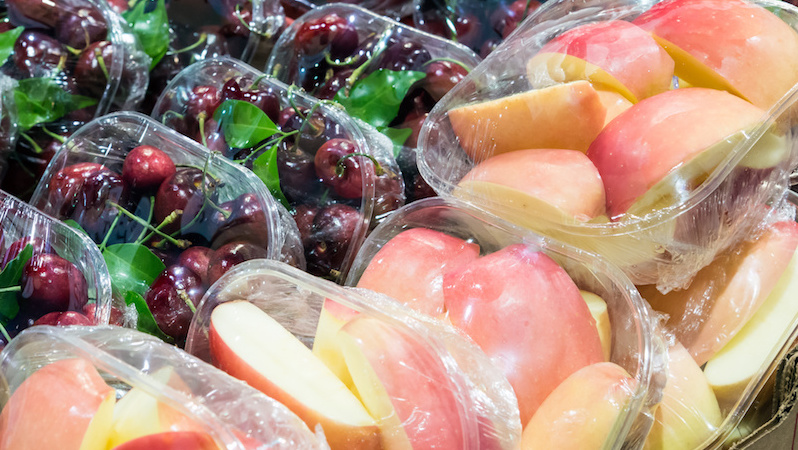KTN & ICMS: Virtual Study Group - Feeding Vulnerable People

KTN will run a virtual study group on feeding vulnerable people, hosted by ICMS.
The International Centre for Mathematical Sciences (ICMS) has announced that KTN will host a virtual study group with V-KEMS (Virtual Forum for Knowledge Exchange in the Mathematical Sciences) & Fareshare on feeding vulnerable people. The Virtual Study Group is an effective way of delivering mathematical based problem solving on problems coming from industry or other areas of science. In a standard study group problems are presented on the first day, teams work on them intensively for several days (usually a week), and then presentations are delivered on the last day, with reports shortly after. It has been shown to be a valuable way of connecting communities and importantly impactful. At a time where physical collaboration is difficult, the study group model has been successfully utilised in recent weeks to explore challenges in unlocking the workforce, and opening up university spaces.
The Challenge to be discussed at the Virtual Study Group is:
How can the mathematical sciences provide support in a) forecasting demand for surplus food products over the coming months and b) incentivising relationships with producers, to ensure FareShare is well supported by the food supply chain?
FareShare is the UK’s largest charity fighting hunger and food waste who look to unlock the economic and social value of redistributed surplus food. Through its network, FareShare redistributes good quality surplus food from the food industry and sends it to nearly 10,000 charities and community groups including homeless hostels, children’s breakfast clubs, domestic violence refuges and community cafes.
In the present environment, organisations like FareShare have seen an unprecedented demand for their services, in addition the food surplus levels have been drastically altered (driven in part by consumer behaviour. FareShare would like to discuss ways in which the mathematical sciences might provide support in:
- Understanding and forecasting how demand for surplus food products is likely to change over the coming months. In particular, as well as scale of demand, where geographically might the demand be, and where should FareShare scale up its activity?
- Incentivising relationships with producers. Over 50 % of total food wastage occurs at the farm level. How might FareShare develop strategies to ensure that it is the first port of call for receiving surplus?
To find out more information and to register please click here.

